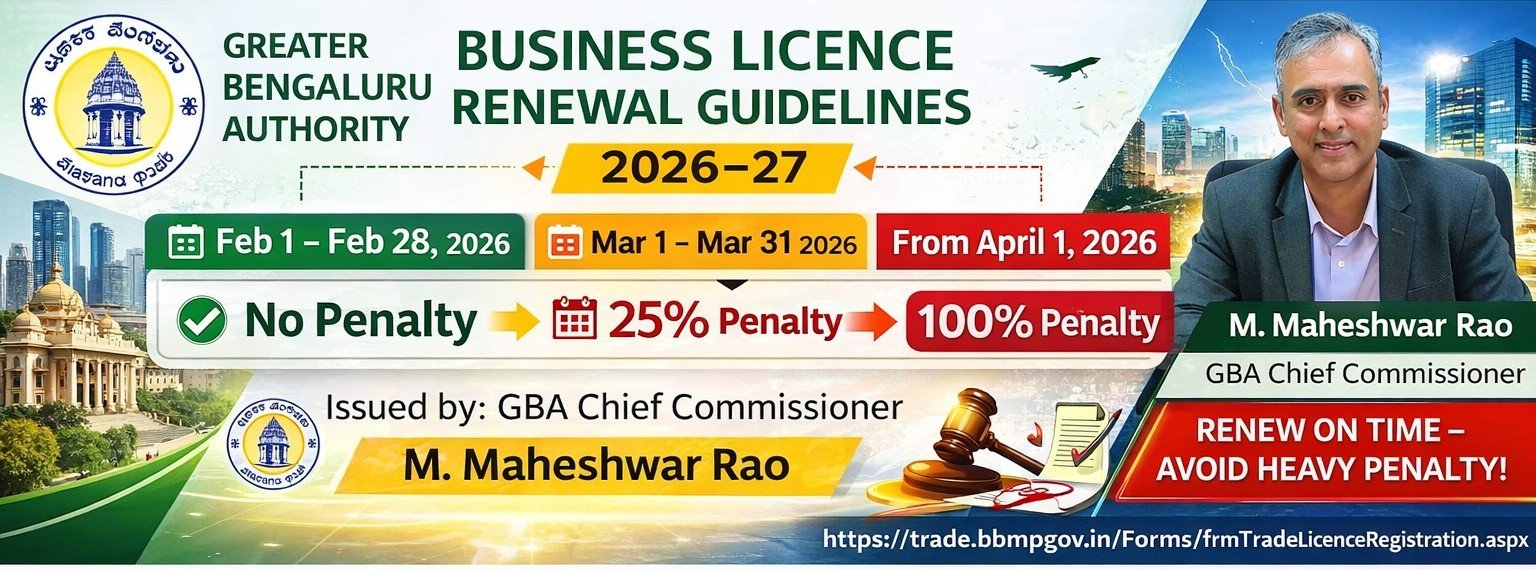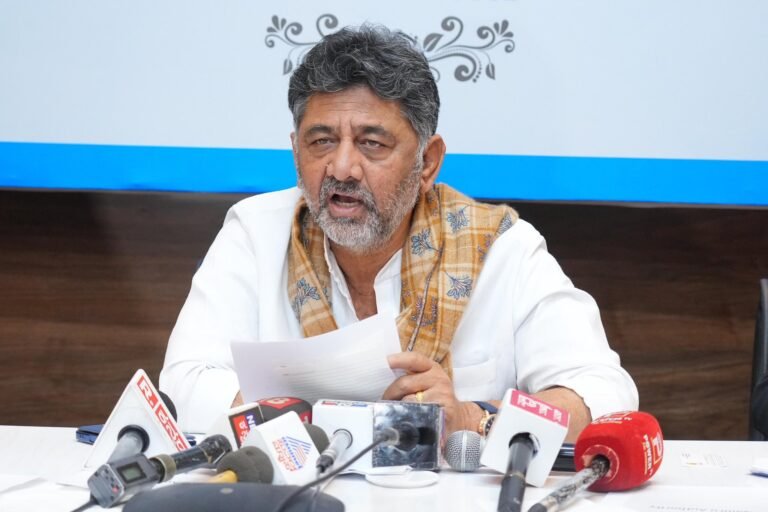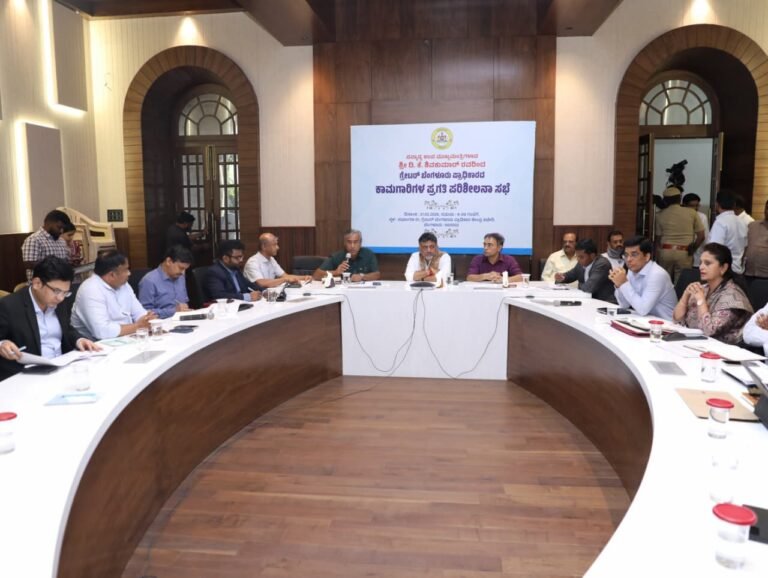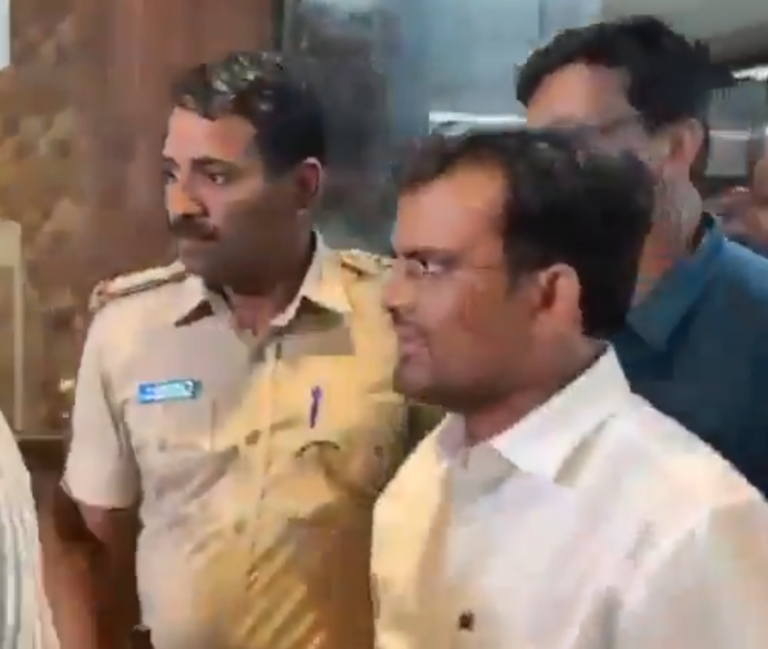
Representational Image
Bengaluru: The ongoing tussle between the Karnataka government and multiplex operators has now reached the Supreme Court, with the Multiplex Association of India (MAI) filing a Special Leave Petition (SLP) challenging the state’s controversial order capping cinema ticket prices at ₹200 across all theatres.
What began as a “public-friendly measure” has escalated into a constitutional and economic confrontation that could redefine the future of the entertainment industry in Karnataka.
The petition, filed on October 30, 2025, questions the government’s power and intent behind the Karnataka Cinemas (Regulation) (Amendment) Rules, 2025. Representing India’s largest multiplex chains — PVR INOX, Cinepolis, Miraj Cinemas and others — the Association argues that the uniform ₹200 price ceiling is “arbitrary, unscientific, and commercially destructive.”
According to the plea, the ₹200 cap fails to consider operational disparities between urban multiplexes and smaller single-screen theatres. “A flat cap ignores the real-world economics of modern theatres — rent, maintenance, technology upgrades, and staff salaries are far higher in multiplex environments,” the MAI said, terming the rule an “unjust interference in free market operations.”
The Legal Battle
The Multiplex Association of India is represented by the legal firm Khaitan & Co, while the Karnataka government is represented by advocate Dhananjay Garg.
The petition argues that the rule is ultra vires — beyond the powers conferred on the state under the Karnataka Cinemas Regulation Act, which does not authorize the government to dictate ticket prices.
The plea cites violations of Articles 14 and 19(1)(g) of the Constitution of India, claiming infringement of the right to equality and the right to practice any trade or business.
The financial implications are severe. The MAI estimates the cap could reduce multiplex revenues by up to 35%, making it unviable to operate premium formats like IMAX, 4DX, and recliner halls. The move, they warn, could trigger job losses, deter new investments, and derail the post-pandemic recovery of the entertainment sector.
“This rule, under the guise of public welfare, is crippling private enterprise and will eventually harm the very audience it claims to protect,” the MAI stated.
Industry Fallout and Government Defence
Film distributors, too, are voicing concerns — with some threatening to withhold new releases from multiplexes, arguing that reduced revenue shares make distribution economically unsustainable. Others have started prioritizing single screens, deepening the divide in Karnataka’s exhibition ecosystem.
The Karnataka government, however, has defended the ₹200 cap as a “social justice measure”, asserting that affordable entertainment is part of the Directive Principles of State Policy (Article 38). Officials claim the move addresses long-standing public grievances over rising ticket prices and aims to make cinema accessible to the middle class.
This is not Karnataka’s first attempt at regulating ticket prices. In 2017, a similar ₹200 ceiling was imposed but was stayed by the Karnataka High Court following industry protests — a precedent the MAI cites to reinforce its argument about the rule’s impracticality.
What Lies Ahead
The Supreme Court has now issued notices to the Karnataka government, the Film Chamber of Commerce, and other stakeholders.
For now, the enforcement of the ₹200 cap has been temporarily stayed, offering a brief relief to multiplex operators.
As the case progresses, a larger question looms —
Can a state government regulate what citizens are willing to pay for entertainment without crippling an entire industry?
The answer, legal experts say, could set a national precedent for how far governments may intervene in private commercial enterprises in the name of public welfare.





